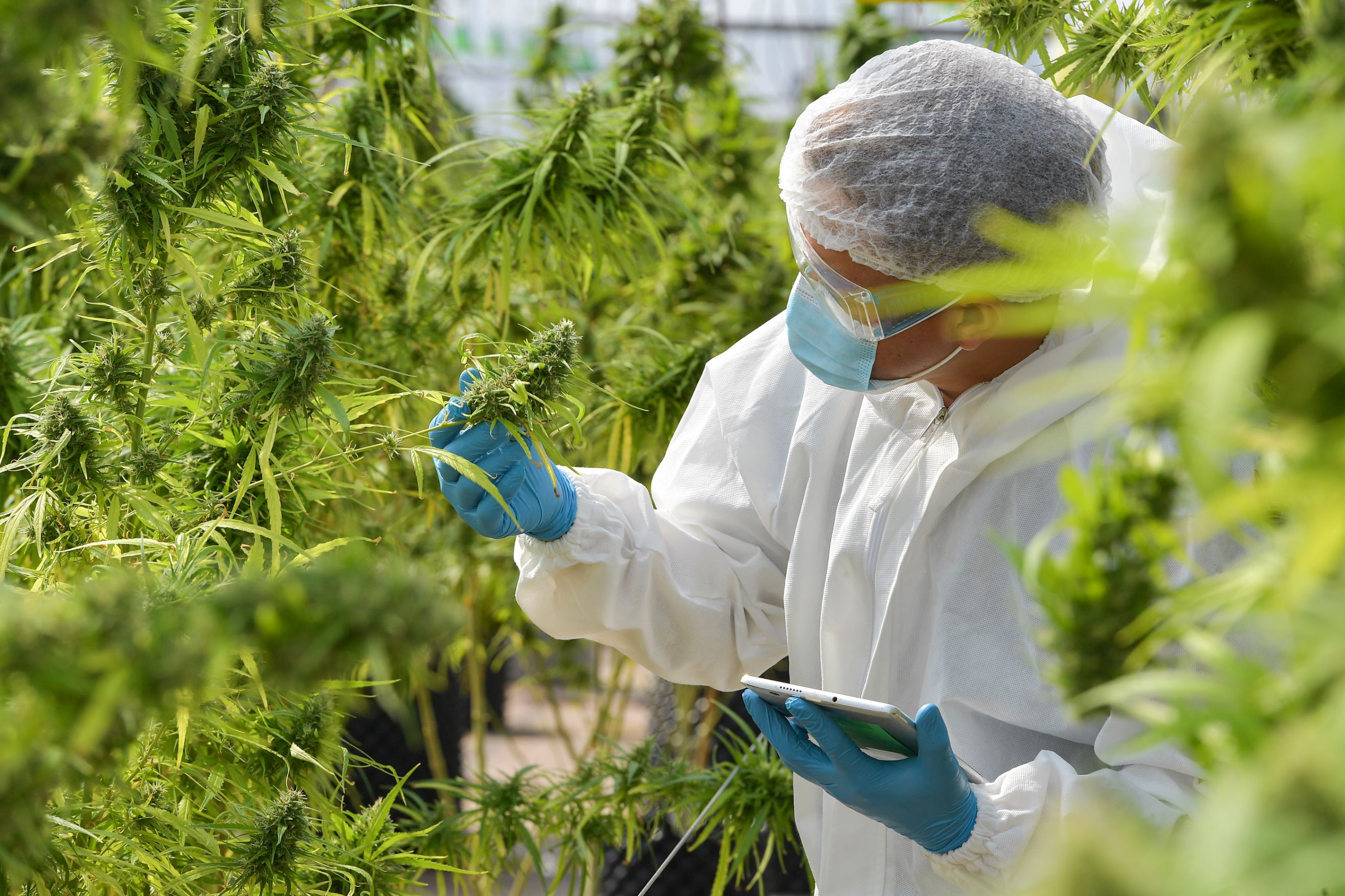Cannabis is a plant that has been used for centuries for various purposes. It has been used for medicinal, spiritual, and recreational purposes. The plant has several compounds that give it its unique properties. One such compound is THC or Tetrahydrocannabinol. THC is the psychoactive compound that gives marijuana its signature high. The potency of THC in cannabis has been a topic of debate and controversy over time. In this article, we will delve into the power of thc a flower and explore the impact of THC in cannabis.

The Science Behind THC:
THC is a chemical compound found in the cannabis plant. It belongs to a class of compounds called cannabinoids. THC is psychoactive, which means it alters brain function. It is the compound responsible for the euphoric feeling that people experience when they use cannabis. THC works by binding to cannabinoid receptors in the brain. These receptors are part of the endocannabinoid system, which regulates various physiological processes such as appetite, mood, and pain.
The Impact of THC on the Brain and Body:
When THC binds to cannabinoid receptors, it activates the release of neurotransmitters such as dopamine and serotonin. These neurotransmitters are responsible for the pleasurable sensations that people feel when they use cannabis. THC also alters the levels of other neurotransmitters, including GABA and glutamate, which impact mood and anxiety levels. THC has been shown to have therapeutic effects in conditions such as chronic pain, nausea, and vomiting.
However, the effects of THC are not always positive. THC can induce anxiety, paranoia, and even hallucinations in some people. It can also disrupt short-term memory and impair motor function. Regular use of high-THC cannabis has been linked with an increased risk of psychosis, particularly in young people.
Measuring the Potency of THC:
The potency of THC in cannabis has increased significantly over the past few decades. In the 1960s, the average THC content in cannabis was around 1-2%. Today, the average THC content in cannabis is around 15-20%, with some strains containing as much as 30% THC. The increased potency of THC has raised concerns over its potential impact on public health.
The potency of THC can be measured using various techniques, including gas chromatography and high-performance liquid chromatography. These techniques analyze the chemical composition of cannabis to determine the percentage of THC. Lab testing is the most reliable method for determining the potency of THC in cannabis.
Understanding the Entourage Effect:
THC is just one of many cannabinoids found in cannabis. While THC is the most well-known cannabinoid, other cannabinoids such as CBD, CBG, and CBN also have therapeutic properties. The entourage effect refers to the interaction between these different cannabinoids and terpenes found in cannabis. The entourage effect suggests that the combined effects of these compounds are greater than the effects of any individual compound.
Scientists are still studying the entourage effect to understand how these compounds interact with each other and impact the human body. It is believed that the entourage effect may play a role in the therapeutic benefits of cannabis.
The Future of THC in Cannabis:
As marijuana laws continue to evolve around the world, many countries are exploring the potential benefits of THC in cannabis. However, the increasing potency of THC in cannabis has raised concerns over public health and safety. Some countries have introduced regulations to limit the potency of THC in cannabis products, while others have banned it altogether.
The future of THC in cannabis will be shaped by ongoing research into its therapeutic properties and potential risks. Scientists are exploring new ways to extract and isolate cannabinoids to create new treatments for various conditions. As our understanding of the power of the flower evolves, we may see new applications for THC in cannabis emerge.
Conclusion:
The Power of the Flower of Cannabis cannot be underestimated, as THC found in the cannabis plant plays a vital role. THC's high potency has contributed to its widespread use in both the medical and recreational realms. While THC may provide therapeutic benefits, it is essential to use it responsibly to avoid the potential risks associated with its use. Therefore, it is crucial to understand the impact of THC on the brain and body before using it. In conclusion, cannabis has been used for thousands of years, and its power lies in its ability to harness the natural compounds found in the plant, including THC.
 icons at the top right corner of the subsection.
icons at the top right corner of the subsection.